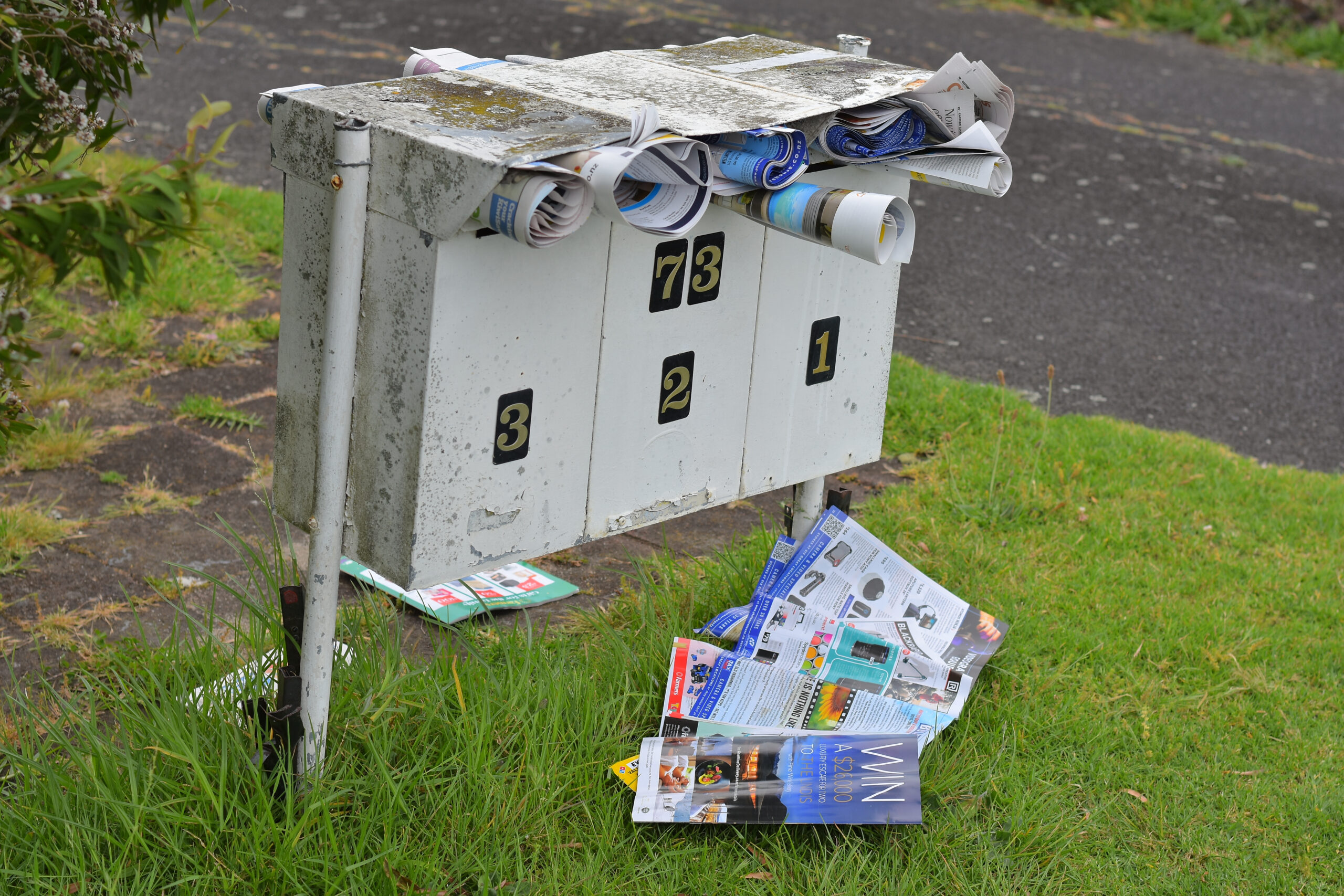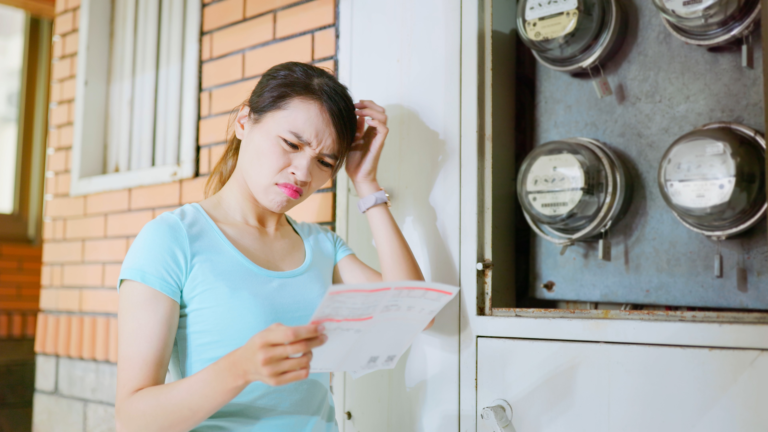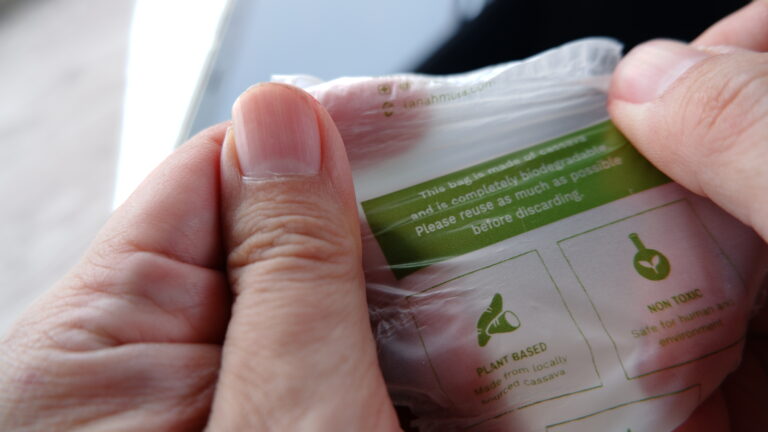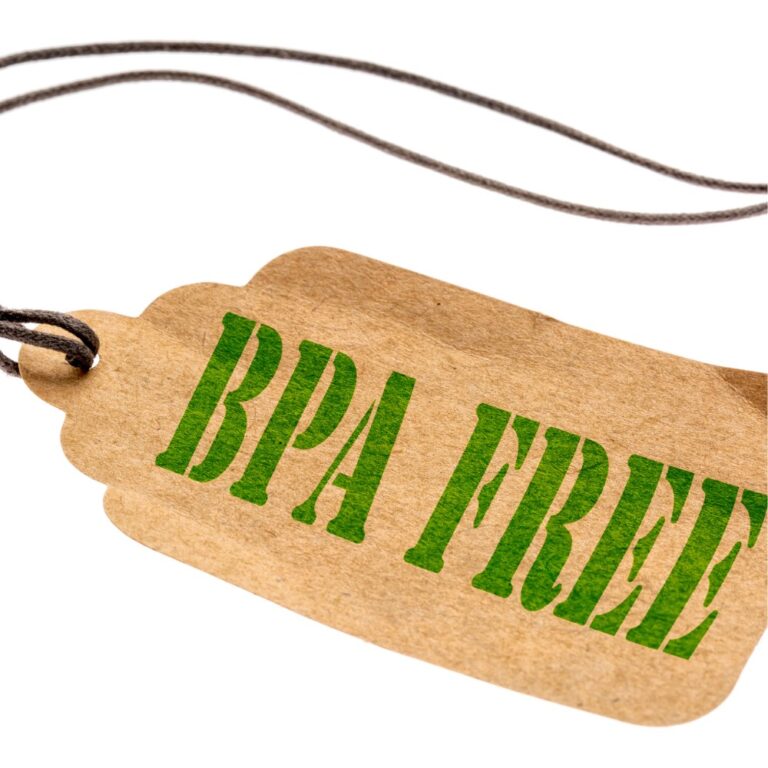
Disclosure: Some of the links in this post are affiliate links, meaning we may earn a small commission if you make a purchase through them.
Opening your mailbox only to find it overflowing with unsolicited junk mail is enough to dampen anyone’s day. Trust me, I’ve felt that same frustration bubble up more times than I can count.
Astonishingly, the EPA says 4 million tons of junk mail enter our lives yearly. However, my journey led me to discover some effective strategies for reducing this overwhelming flood and doing a bit of good for our planet.
In this article, I’ll share straightforward steps you can take on how to opt out of junk mail, helping you embrace a more sustainable lifestyle and enjoy a clutter-free mailbox. Imagine the joy of seeing a cleaner mailbox—it’s possible!
The Environmental Impact of Junk Mail
Junk mail produces 4 million tons of waste annually, contributing to deforestation and greenhouse gas emissions. It often ends up in landfills, further impacting the environment. Opting out of junk mail is a simple but impactful way to reduce waste at home.
4 million tons of junk mail produced annually
Companies produce 4 million tons of junk mail yearly, cluttering mailboxes with unsolicited advertisements. This staggering amount of waste consumes valuable resources and contributes significantly to environmental degradation.
I often ponder the vast forests that must be cut down to create this endless paper stream, leading to deforestation and increased carbon emissions. This cycle relentlessly pressures our planet’s ecological balance.
Moreover, over half of this junk mail never finds its way into recycling bins; instead, it ends up in landfills, further exacerbating pollution and resource depletion issues. As I sift through my daily pile of unwanted flyers and offers, I can’t help but think about the missed opportunities for waste management and recycling.
Each piece of discarded mail represents a small part of a more significant problem – indicating that we must shift towards more environmentally friendly communication methods.
Contribution to deforestation and greenhouse gas emissions

Unwanted paper mail plays a significant role in deforestation and contributes to rising greenhouse gas emissions.
As trees disappear, less carbon dioxide gets absorbed from the atmosphere, exacerbating global warming and pushing our planet towards ecological imbalance.
I never realized the extent of environmental harm caused by something as seemingly harmless as junk mail. Its production involves unsustainable resource use, leading to forest destruction and a considerable increase in carbon emissions.
Junk mail ending up in landfills
Every year, the mountain of junk mail that piles up contributes significantly to environmental degradation. Shockingly, over half of the 4 million tons of unwanted mail produced annually find its way into landfills.
This waste takes up valuable space and adds to the rising problem of landfill overflow.
I think about how much paper is wasted without being read or used. Most junk mail, including flyers, catalogs, and advertisements, directly impacts our environment.
Not only does it represent a massive waste of resources like trees and water needed for paper production, but it also contributes to greenhouse gas emissions during manufacturing and disposal processes.
How to Opt-Out of Junk Mail
To reduce the amount of junk mail you receive at home, opt out of credit card and insurance offers using opt-out services. Register for email billing for bills and use the DMAchoice service to select preferred mail.
Opt-out services for credit card and insurance offers
To stop receiving unwanted credit card offers and insurance promotions, opting out of prescreened credit and insurance lists is key. By using the official website or toll-free number provided by the major consumer reporting agencies (Equifax, Experian, TransUnion), individuals can opt out of these offers for five years or permanently.
This reduces paper waste, helps protect privacy, and prevents identity theft.
Registering for email billing for bills
I enrolled in electronic billing for my electric, water, and student loan payments. This allowed me to receive billing statements electronically rather than through physical mail.
Opting for email statements reduced paper waste and decreased the carbon footprint associated with delivering paper statements.
Switching to digital billing was a simple way to reduce unnecessary paper usage, contribute to environmental conservation efforts, and maintain access to essential financial information.
By choosing email invoices over traditional paper statements, I made a small but impactful change in reducing household waste.
Using the DMAchoice service to choose preferred mail
I enrolled in DMAchoice, where I selected the specific types of mail I wanted to receive. This service allows me to customize my preferences and reduce unwanted mail, contributing to less paper waste and a minor environmental impact.
With DMAchoice, I control what comes into my mailbox, helping me streamline mail delivery and minimize unnecessary clutter. By actively choosing preferred mail through the DMA choice service, I am taking steps toward reducing unsolicited mail and managing my environmental footprint.
Next – Consumer Awareness and Actions
Removing name from Valpak mailing list
To remove my name from the Valpak mailing list, I must visit their website and fill out the provided opt-out form. Once the form is submitted, Valpak will stop delivering the blue envelopes filled with ads and coupons from local companies to my mailbox.
This simple action helps reduce paper waste and clutter in my home while conserving environmental resources. Not to worry you can still get their coupons here.
Unsubscribing from individual catalogs using Catalog Choice
I use Catalog Choice to unsubscribe from specific catalogs, reducing the amount of unwanted mail I receive. By creating a free account on the Catalog Choice website, I can easily select the catalogs I no longer wish to receive and opt-out.
This helps minimize paper waste and lower the environmental impact of excessive mail clutter. Utilizing this service allows me to eliminate unnecessary catalogs from my mailbox, ultimately decreasing carbon emissions from mail delivery.
Now, let’s examine how consumer awareness and actions can reduce junk mail and contribute to a more sustainable environment.
Opting out directly from specific companies
To stop receiving junk mail from specific companies, I visit their websites and look for the opt-out link. Once found, I enter my details and select the option to unsubscribe from their mailing list.
This action not only reduces the amount of unwanted mail but also helps minimize paper waste and lessen the environmental impact associated with excessive direct marketing campaigns.
Opting out directly from specific companies is essential to reducing junk mail and making eco-friendly choices that align with waste reduction efforts at home.
Consumer Awareness and Actions
Consider the value of each piece of mail before accepting it and refuse delivery of promotional mailings. For more effective ways to reduce waste at home, keep reading below!
Considering the value of received mail
Assessing the value of the mail we receive is crucial as a consumer. Being mindful of our mail consumption can reduce waste and minimize our carbon footprint. Opting out of junk mail that doesn’t add significant value to our lives can contribute to sustainable consumption practices and environmental impact awareness.
By critically evaluating the necessity and benefits of each piece of mail received, we can make informed decisions about what we allow into our homes – ultimately leading towards reducing waste at home.
Refusing delivery of promotion mailings
After considering the value of received mail, another way to reduce unwanted mail is to refuse delivery of promotion mailings. When you receive promotional materials, you are not interested in, mark the envelopes “Return to Sender” and put them back in your mailbox.
This action clears the sender’s mind that their marketing efforts are not welcome, reducing unnecessary waste and helping decrease our carbon footprint. Taking this simple step can significantly reduce the volume of promotional mail cluttering your mailbox and ultimately reduce environmental impact.
By refusing the delivery of promotion mailings, I actively participate in minimizing paper waste and curbing excessive production.
Requesting charities not to sell or exchange personal information
When donating to charities, I can include a note asking them not to sell or exchange my personal information. This simple request can help protect my privacy and reduce the likelihood of receiving unwanted junk mail.
By taking this action, I am asserting my consumer rights and contributing to reducing environmental waste caused by excessive direct mail campaigns.
Avoiding signing up for unnecessary items
When making consumer choices, avoiding signing up for unnecessary items is essential. Being mindful of the value and need for what we bring into our lives can significantly reduce unwanted subscriptions, marketing tactics, and unnecessary purchases.
By refraining from signing up for items we don’t truly need or want, we decrease our unnecessary expenses, contribute toward waste reduction, and make eco-friendly choices as consumers.






